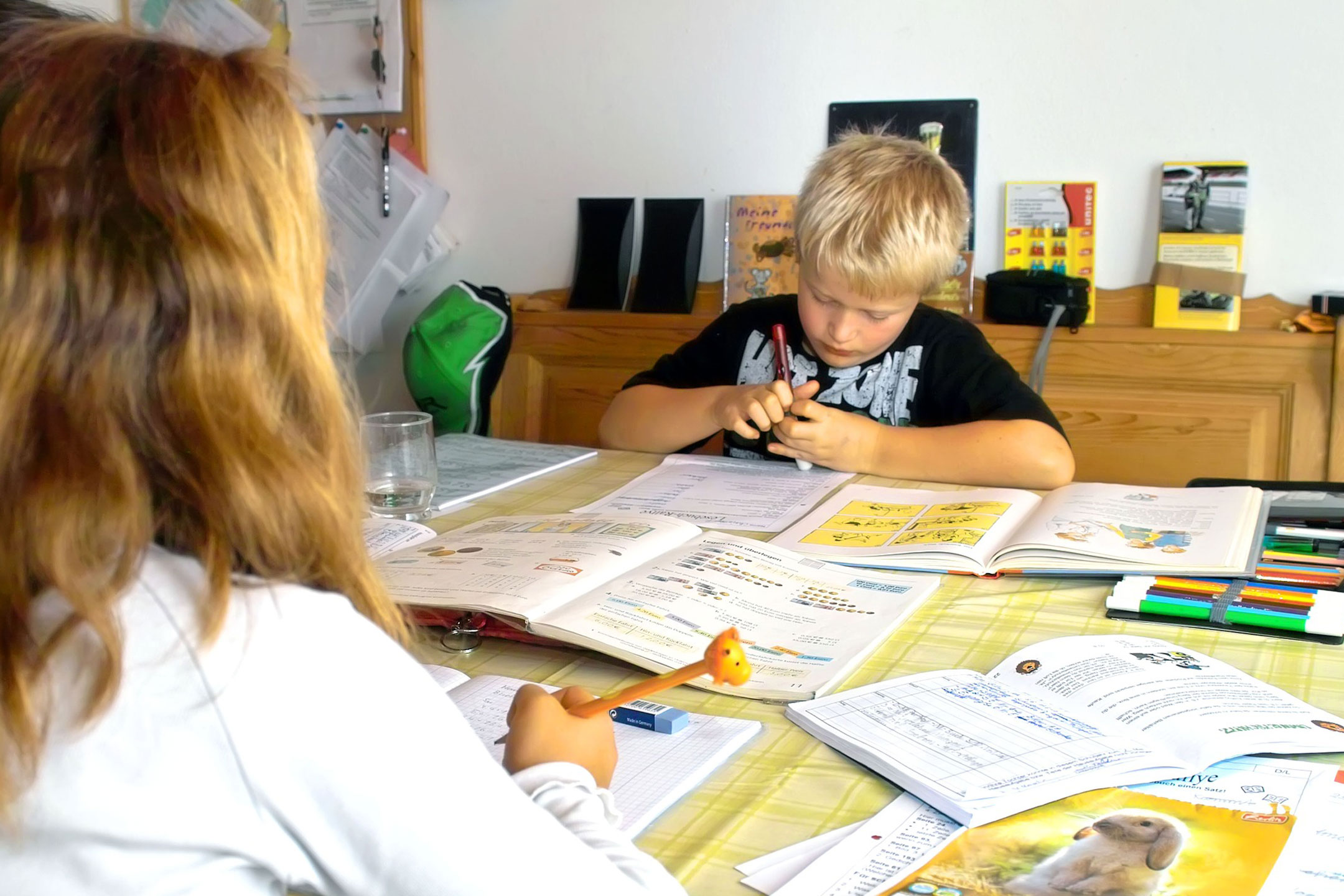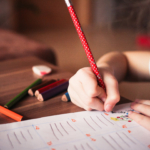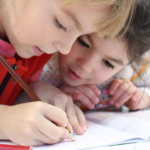
26 Aug How Much Homework Is Too Much?
Is homework actually beneficial or should we be letting our children play?
While there have been no conclusive results in more than 100 years of study, current research seems to suggest it bears no learning benefits in primary school years.
In a recent inquiry into homework approaches by the Victorian Education and Training Committee, Dr Michelle Cotter of the Principals Association of Victorian Catholic Secondary Schools stated, “Homework is believed to serve a purpose when it consolidates or extends student learning, skills and aptitude. Homework should enhance a student’s capacity to understand and apply concepts, skills and knowledge.”
However, 10 and 11-year-old brothers Lachlan and Robbie find this ‘consolidation’ of concepts to be a waste of time. Says Lachlan, “Homework isn’t important because we’re learning the same things we learned at school during the day.”
While some might say this is a typical child’s response to extra work, Lachlan isn’t referring to a lack of enjoyment completing homework tasks, he’s responding to the fact that his capacity to understand and apply concepts – his learning – isn’t enhanced by completing schoolwork at home.
Education expert Dr Misty Adoniou says, “Homework actually doesn’t have an impact on learning outcomes in the primary school years, so we know it doesn’t have any learning benefits”. Similarly, the Committee stated, “There’s strong evidence and general agreement that homework at the primary school level has little impact on academic performance, but may play an important transitional role in preparing students for secondary school and beyond.”
So if the point of homework is purely as a preparatory task for high school and tertiary education, perhaps we need to rethink our approach and actually include tasks that carry benefits for students. It may be that the kind of ‘study’ primary students should be undertaking doesn’t fit within our concept of academia, and we should be looking beyond bookwork and into the impact of ‘play’ in childhood development.
In his book Free To Learn, development psychologist Dr Peter Gray says,
“Play is how children learn to take control of their lives” – therefore promoting independence and self-development.
Gray goes on to say that anxiety levels among children are at an all-time high due to the stress of too much homework, and a lack of time to play. Instead of encouraging students to sit at a desk during their free time, completing pages of comprehension, maybe we should place emphasis on independent and creative problem-solving through play and social interaction.
Instead of focusing on the academic skills required to achieve good grades, we could aim to provide them with the social and creative skills required to actually do a job.
When adults book appointments, go for job interviews, engage in business negotiations or attend parent/teacher meetings, they use a myriad of communication skills learned throughout the course of their lives. These skills begin to develop during childhood by running around the playground with peers, talking to others, building forts, arguing with siblings and working towards resolving issues independently.
When asked what they would rather be doing in place of homework, Lachlan and Robbie said, “Having fun with family, going outdoors or drawing”. The boys’ mother Natalie said homework has a crushing effect on the time that should be spent playing, growing, and generally enjoying their childhood.
On the other hand, Year 1 teacher Rachel Ong focuses on the practicalities of homework in a class of 25 to 30 or more students, sharing that teachers are unable to provide each student with one-on-one instruction on a daily basis. She says doing homework guided by an adult allows children to ask questions, and generally learn while assured someone will be there to help them should they get stuck.
However, this places a lot of pressure on parents and assumes they have ample time and knowledge on all subjects to effectively assist. Natalie frequently oversees her children’s homework, but says, “Lack of time and understanding contribute to the often unfinished state of their homework”. She also states that homework tasks sometimes aren’t explained properly, and she finds herself unable to help. If homework tasks were oriented around Gray’s theories on the importance of play-based development, these issues wouldn’t exist.
At the end of the day, homework in its current state seems to be placing a lot of pressure on both parents and children, for little gain. Children attend school for about 30 hours each week, but insisting they study for 20 to 40 minutes per night on top of that is almost the equivalent of having a full-time job – from the age of six. If the only benefit of homework in primary school is to prepare for higher education, we need to rethink what homework is administered and why – preferably looking at the benefits of play and getting primary students to take an active role in their own development.
Words by Charlotte Karp




